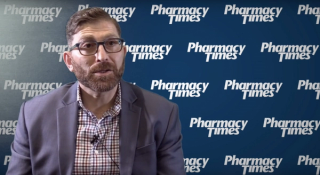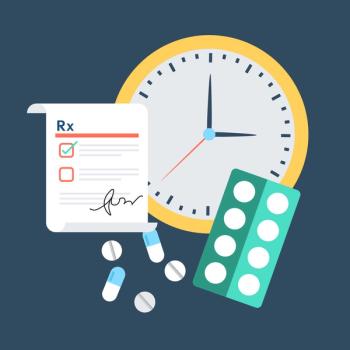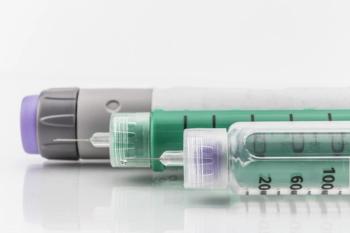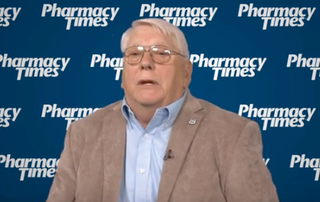
Reimbursement
Latest News
Latest Videos

CME Content
More News

The increasing economic burden of treatment may impact patient outcomes.

The goal of the financial counselor is to identify available funding for patient care in a timely manner, but the sheer number of resources and variables involved results in a long, tedious process.

More transparent drug pricing could improve patient care.

As some of the nation’s leading pharmaceutical and biotech giants ramp up product development and commercialization, what was once a futuristic concept has become a reality.

Affordability in drug pricing can be addressed by bringing the manufacturer and plan sponsor to negotiate costs and determine fair compensation for product and service providers in the supply chain.

The Build Back Better bill include an authorization for the government to negotiate lower drug prices.

The respondents included dietitians, nurse practitioners, physician assistants, physical therapists, and physicians.

Work closely with insurance companies to relieve financial assistance burdens and prior authorization requirements for patients.

Pharmacy performance measures can support greater patient access to care and services through team-based care and to facilitate value-based contracts between pharmacists and payers.

Lindsay Bealor Greenleaf, MBA, JD, Vice President of ADVI Health, discusses a new poll from the Kaiser Family Foundation that found that 83% of Americans believe the government should be allowed to negotiate lower drug prices, for both those on Medicare and in private insurance plans.

New legislation in New York state seeks to address flaws in prescription drug distribution system.

Although specialty pharmacies may be able to offer some of the services that a hub provider does, a hub can standardize patient and provider support across the network.

Beyond the benefits to the pharmacist profession, granting provider status to pharmacists addresses the larger societal problem of growing physician shortages.

Formulary changes, utilization management, and a lack of transparency upset a lot of members, which hides a lot of good things that pharmacy benefit managers do.

Concepts could be used in payer-pharmacy value-based arrangements.

As specialty drugs move through clinical trials and preparations for commercialization begin, significant attention is warranted to this process considering the massive investments that would have been already made in the product up to this point.

Pharmacy Times spoke with Dr. Trishia Shaw, the Clinical Assistant Professor of Pharmacy Practice at Chicago State University College of Pharmacy, on her presentation at the NPhA conference titled “Who’s your Provider”—Updates in Provider Status for Pharmacists.

As the price tags for therapies coming to market have soared into the hundreds of thousands and even millions on occasion, paying for them has become an ever-greater cause of concern and focus area.

As health care costs rise and cost-sharing increases, treatment-associated expenses will continue to burden patients.

CMS reported that 3.3 million more Medicare Part D beneficiaries with complex health needs than expected between 2013-2018 received a comprehensive medication review as a part of medication therapy management

HDHPs require patients to pay for all care out of pocket until the plan’s deductible is reached, and only after this threshold does insurance start to cover medical costs.

Antonio Ciaccia, CEO of 46brooklyn Research, discusses his company’s efforts to uncover and understand the structure that underlies US drug pricing distortions.

The introduction of a biosimilar insulin could result in major shifts in the accessibility and affordability of insulin for all patients.

Study examines whether dapagliflozin is cost-effective when added to standard of care for patients who have heart failure with reduced ejection fraction.

With the growth of civil and criminal litigation, more companies in the health care space are receiving subpoenas commanding them to provide information to a third party.



































